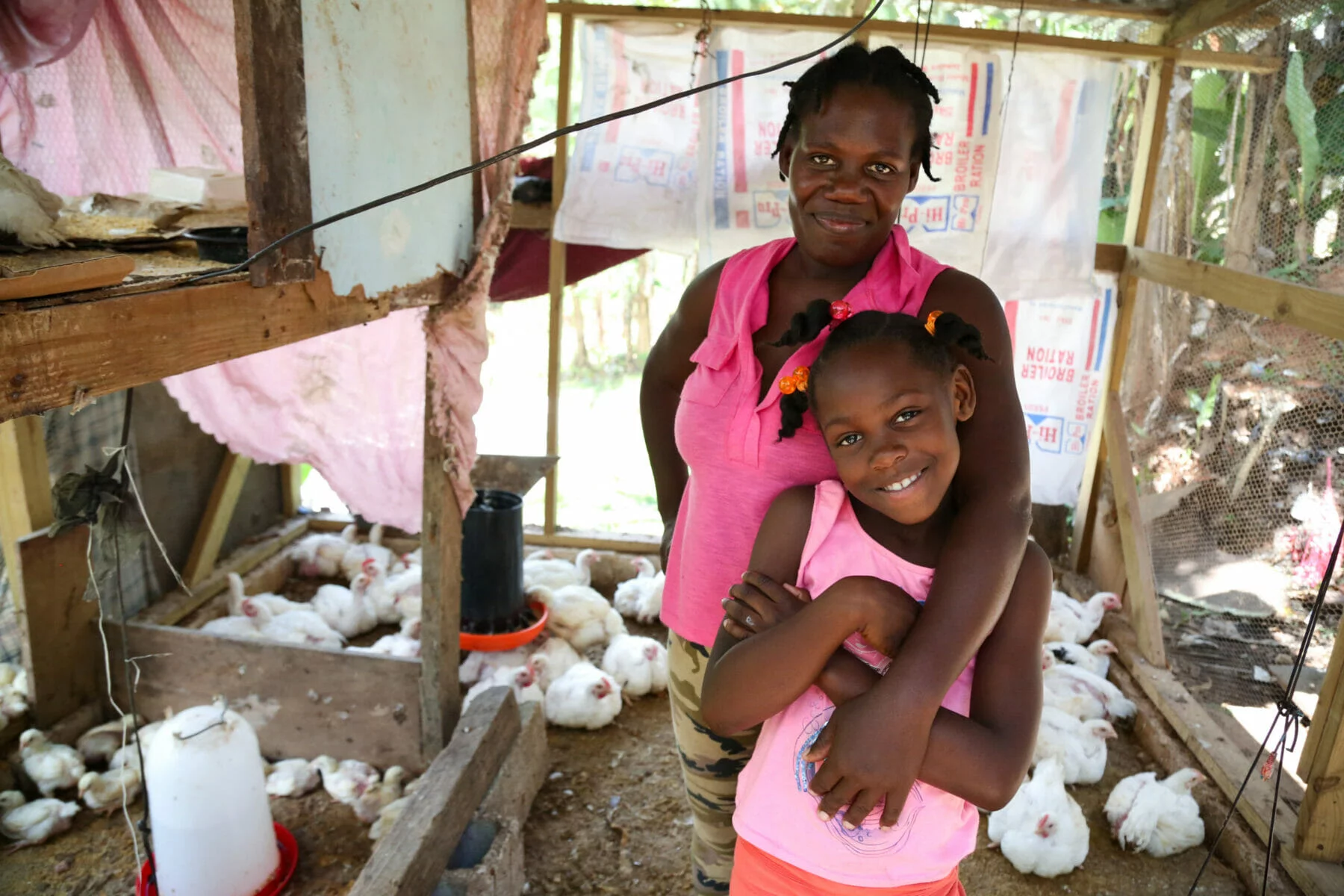Livelihood provides families with stability, empowerment, and well-being.
When people are given the tools, skills, and resources they need to earn a living, they are able to provide basic needs as well as sustain long-term stability for their communities and families.
What We Do
- Develop agriculture and small animal projects such as coffee farming, beekeeping, chicken rearing, plant husbandry, and fishing
- Establish income-generation training workshops
- Support vocational training programs through scholarships and distribution of tools and supplies

Our Impact
- Provided beekeeping and coffee farming inputs to beneficiaries in Honduras
- Supported the facilitation of women's empowerment workshops
- Developed a chicken farm for an orphanage in Haiti
- Provided a barbering chair and tools for a vocational barbering program
- Distributed sewing machines and sewing supplies to provide opportunity for small business development
- Provided support for vocational training programs in landscaping, barbering, carpentry, and sewing
Our Livelihood Goal
By the end of 2025, we aim to enroll 90 women in skills training programs – 40 this year and 50 in 2025.
Livelihood Facts
60% of Hondurans live on less than $2 per day.
The poverty rate in the Bahamas currently sits at 12.5%, with women representing more than half of those impoverished.
Many Jamaicans who may have recently escaped poverty could be forced back below the poverty line due to COVID-19 and the negative impacts it had on the economy, resulting in an increase in poverty by over 4%.
60% of Haitians live below the national poverty line, and more than 24% live in extreme poverty.
